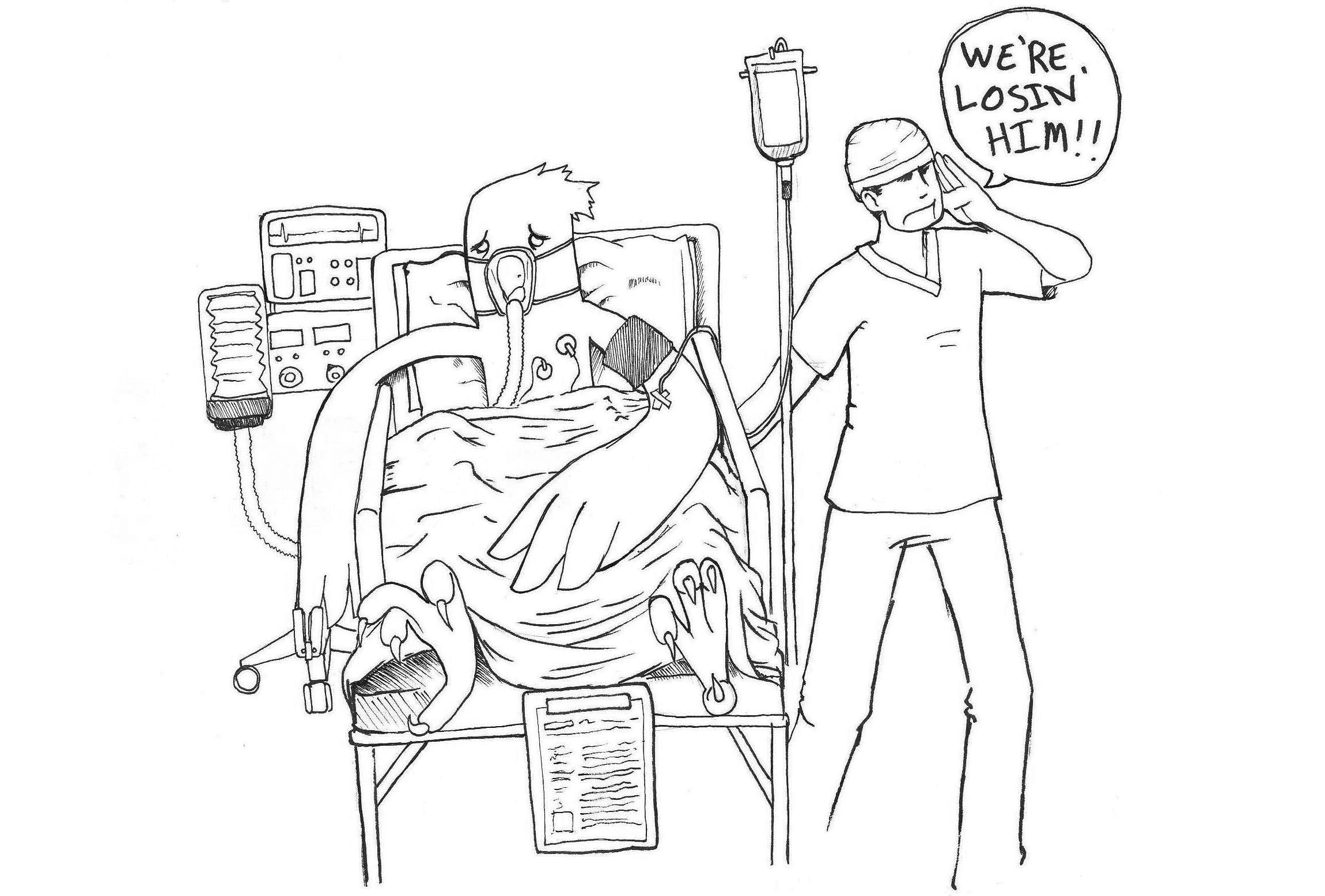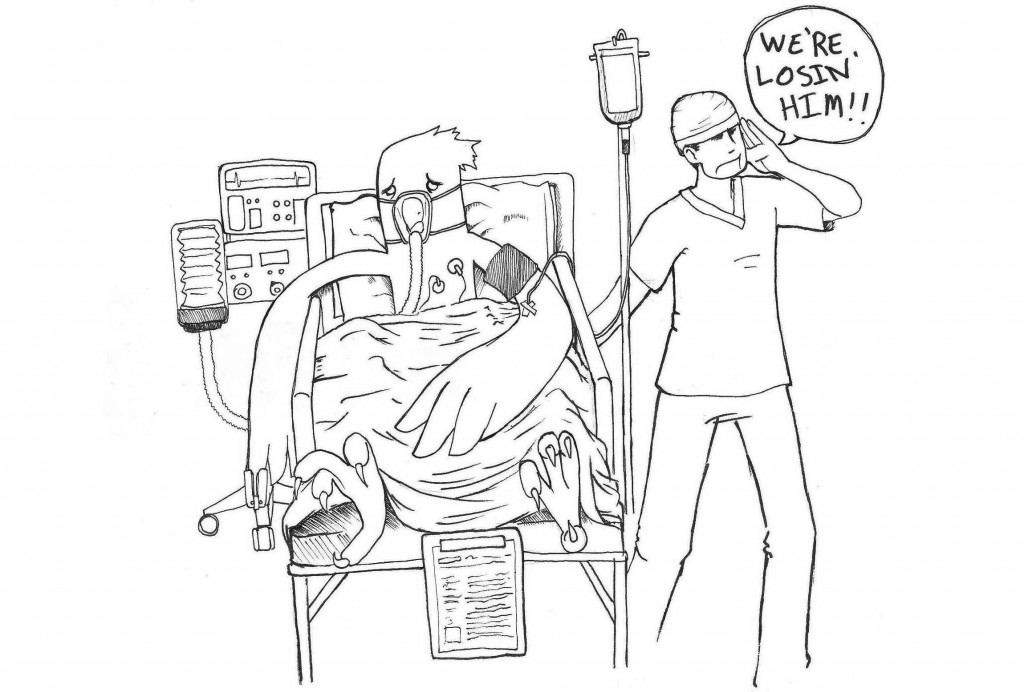

The state of public higher education in New York is in shambles. The SUNY budget has been slashed $680 million in the past three years, and SUNY New Paltz has had its fair share of gaping budgetary holes to fill. There has been no indication from our new governor that the bleeding will stop. We are wounded. But it is time that all members of the campus community rise out of the corners we’ve been backed into to prevent the promotion of a vicious cycle of loss, silence and apathy.
Our elected officials have failed students reliant upon public higher education in the state of New York. The numbers at SUNY New Paltz alone don’t lie: a $6 million shortfall in 2008-2009, a $310 tuition increase in which 80 percent of the revenue generated was sucked into the state general fund, a $3.2 million deficit this year…and the list goes on. Our governor has treated us as if we were an ATM machine and cast us to the curb, while our legislators readied to vote on the executive budget and take issues related to New York’s fiscal crisis off of their desks.
These officials have failed to realize that the state’s economic woes aren’t going to go away any time soon, and targeting students, the future of the state, is only going to make matters worse. How can New York’s economy bounce back when an entire generation is still reeling from the debt accrued in their college years, if our classes are cut and we are staying later or our tuition increases?
The odds have been stacked against us by government officials who don’t seem to care about the effects their decisions will have on our livelihood. But life at SUNY New Paltz goes on. Administrators are finding ways to meet the deficit. Faculty members wait with bated breath for news about possible elimination of positions. Students will have to make their schedules and work towards a degree in spite of it all.
In these desperate times, it’s easy for different members of the campus community to quietly fall back into their own sectors and look only to their peers for solutions to problems that affect them directly. But now more than ever, we must realize the roles each level of our community plays in spearheading that cycle of indifference and work to communicate and avoid what could be disastrous pitfalls.
Administrators, we understand that your hands are tied. The deficit remains and tough decisions need to be made. But we can only hope that meetings between deans and other administrators focus on the future of the students who are here now. Of course our administrators need to be forward thinking and look to maintain or bolster programs with higher job demand – but not at the expense of those who are already here. Now is not the time to change the face of an institution; now is the time to serve the students who have been shorted by their state officials.
Our top ranking school officials have said they are making efforts to be as transparent about this planning process as possible. Several faculty/staff hearings have been organized this semester about the budget – but why haven’t students been invited to any forums before this week? Why is a public meeting finally being hosted during the last week of the semester as we prepare for finals? It is one thing to suggest that deans communicate with their department chairs, but it’s another challenge for administrators to work to notify the entire community so that everyone is on the same page. Telling us about specific proposals is important, as we should know what’s coming. We plead that our leaders take this challenge head-on next semester as decisions that could involve the reduction of our programs of study are being made.
We also beg that our student leaders do their part to inform their constituents and let the higher-ups know that we care about the future of our school. As elected officials themselves, Student Association (SA) officials have a duty to act as the voice of the students, as a bridge between us and administrators. We have seen rallies organized and other efforts made by past leaders, and we want to know where the outcry is now. Interim President Donald Christian has said SA officials have been updated about the budget planning process at their meetings with him throughout the semester. Why haven’t the budget cuts been discussed at student senate meetings?
When it comes to the budget, there has been a whole lot of silence resounding from the SA, NYPIRG and other offices of student advocacy groups on campus. Silence would indicate indifference, a message we don’t want to be sending to administrators and government officials.
The issue of student apathy is another animal. So many of the issues surrounding the budget can be based in one issue: voting. NYPIRG officials have shed tears about low student voter turnout in the past. If we don’t vote, legislators don’t care about us – why would they, when their goal is to get re-elected? Decisions to slash our schools’ budgets happen for this reason.
Students need to speak out about these issues before their favorite professors are let go or their classes are cut. The student turnout at the budget forum was indeed an embarrassment. We may be the bottom of the barrel when these decisions are made; but if we don’t take the time to educate ourselves and reach out to decisions makers, our needs will not be met.
